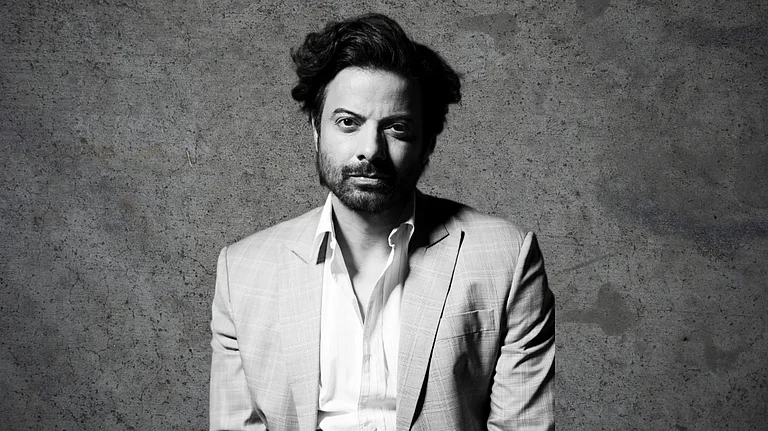Many, especially in the West, had predicted a significant rift among BRICS members over expansion of the five-member group. There was speculation that while China was keen on expanding the footprints of the bloc, India and Brazil were not particularly interested in furthering the scope of a China-dominated arrangement. China as the second largest economy in the world has the highest GDP among BRICS nations and lends economic weight to the group. Differences over procedure as well as how many and which countries should be admitted were expected to result in hours of wrangling among members.
Despite these misgivings, the process was remarkably smooth. At the end of the 15th BRICS Summit, South African President Cyril Ramaphosa announced that Iran, Saudi Arabia, United Arab Emirates (UAE), Egypt, Ethiopia, and Argentina would be formally inducted into the group. They would become full-fledged members by January 2024. This is a significant move considering that Saudi Arabia, UAE, and Iran are major oil-producing countries and members of OPEC.
In a not-too-distant future, BRICS could pose a major challenge to the current Western-led global financial institutions. The developing nations have often been critical of the World Bank and the International Monetary Fund (IMF), which they have say have been geared to look after the interests of the rich industrialised world. Brazil, Russia, India, China and South Africa are all on the same page on the need for an alternative to the Bretton Woods institutions.
BRICS had set out to build an alternative financial system by setting up the New Development Bank —earlier called the BRICS Bank— with headquarters in Shanghai. NDB is lending money for infrastructure projects to member states and developing nations. BRICS is also encouraging trading in local currencies. Bilaterally, Brazil and China do over 30 per cent of their trade in local currency. India and UAE began trading in local currency in July this year. New Delhi is hoping to extend it to other countries. Not trading with in US Dollars will also save many developing countries from the fluctuations of the currency market.
Already, the BRICS group is expected to surpass the GDP of G7 nations this year. According to the IMF, the bloc will account for 32.1 per cent of global GDP in 2023, against the G7’s share of 29.9 per cent. The addition of a further six nations will allow BRICS to give the West a run for its money. The G7 comprises the United States, the United Kingdom, Canada, France, Japan, Germany, and Italy.
BRICS is a challenge to the established political and economic order in place since the end of the World War II. China, Russia, and Iran are certainly anti-US. Saudi Arabia is having major differences with the United States on certain issues. However, India, Brazil, and Egypt are not in the China camp. Nor is UAE. There are differences among many of the member states, and India and China are locked in a military stand-off in Ladakh since the summer of 2020. Tension between the two Asian giants continue, yet both countries agree on reforming the existing international system and build alternatives to the current US-dominated economic and political order.
Despite misgivings in many quarters, there was little public squabbling among BRICS members over expansion plans. Behind the scenes, negotiations were on for quite a while. In the last few weeks, New Delhi had repeatedly said it was not against expansion but wanted the criteria for admission to be finalized before new entrants were admitted.
Prime Minister Narendra Modi said, “India has been of the view that the addition of new members will further strengthen BRICS as an organisation and give a new impetus to all our common endeavours. This step will further strengthen the faith of many countries in the multipolar world order.
“I am happy that together our teams have agreed upon the guiding principles, standards, criteria and procedures for expansion….I am sure that together with these countries, we will give a new momentum, a new energy to our cooperation.”
Modi also said that other countries were waiting in the wings and India would work at building a consensus for others to join as partners.
China is in the forefront of adding new members to the group.
“This membership expansion is historic,” Reuters quoted Chinese President Xi Jinping, the bloc’s most stalwart proponent of enlargement as saying. “It shows the determination of BRICS countries for unity and cooperation with the broader developing countries.”
The new 11-member BRICS will add both economic and political weight to the bloc. American commentators regard the expansion as a major win for China. However, as pointed out earlier, there are major differences within the members and the bloc could well see pulls and pressures in different directions that would reduce its effective functioning.
Yet this is the first tentative step at working towards an alternative political and economic order. Whether it will succeed is a million-dollar question.



























